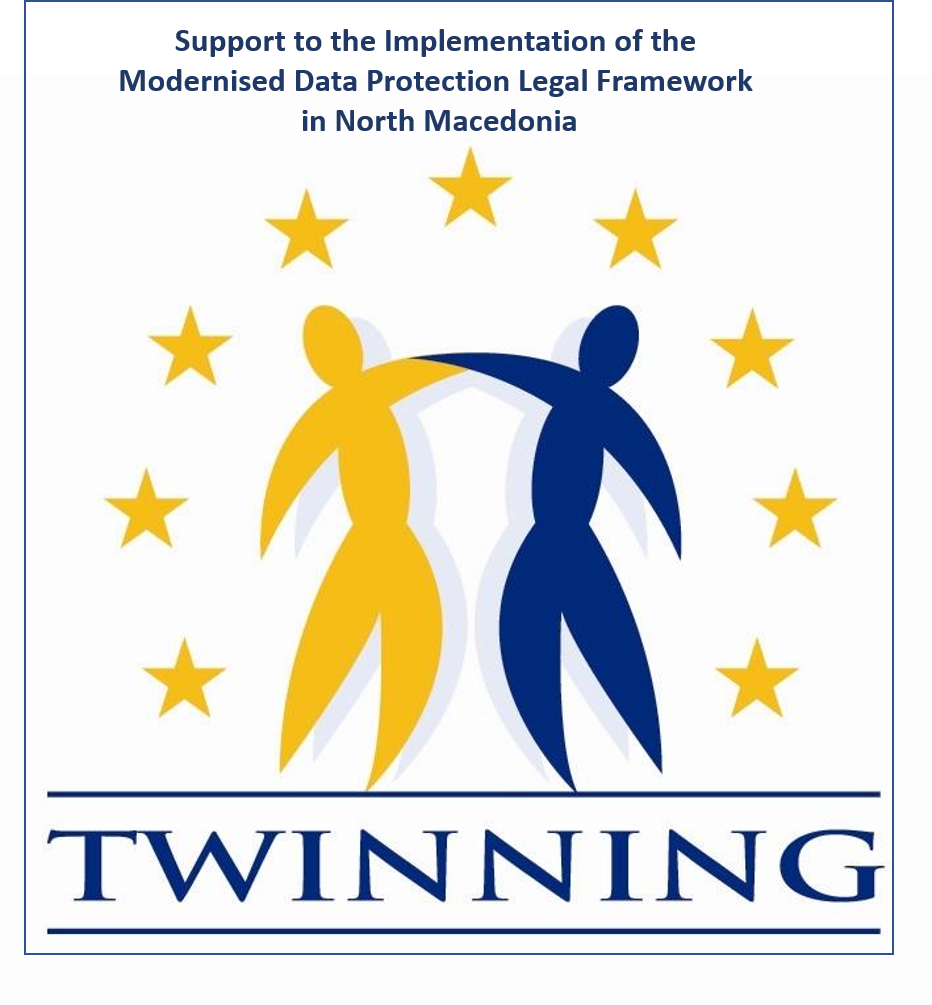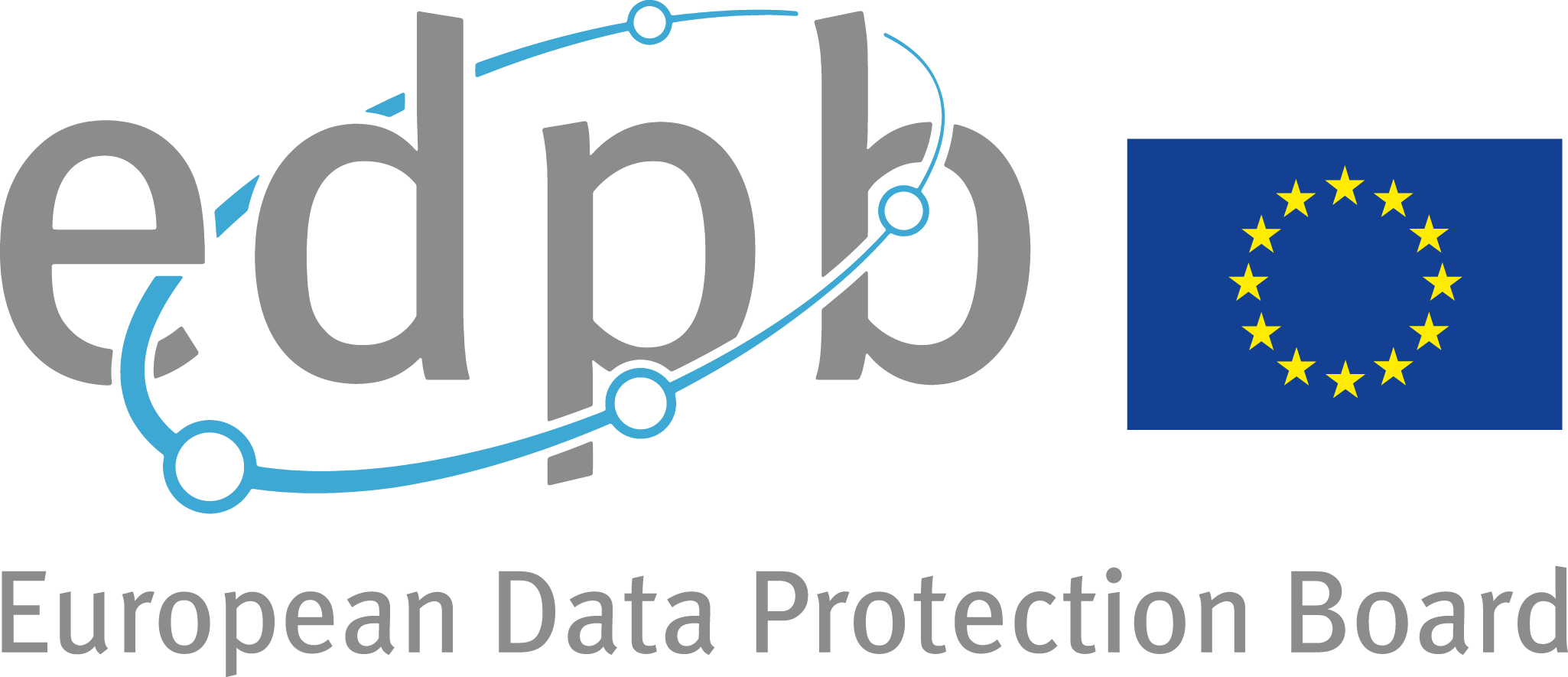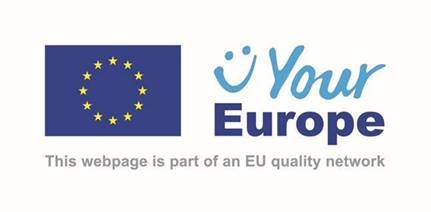Croatian DPA (in further text: DPA) based its decision on the provisions of the Act on Prevention of the Conflict of Interest, Article 8, where it is clearly stated which personal data of the government officials are public and can be published without the consent of the government officials. (Art. 8 para. 10) Croatian DPA did not prohibit the collection of data, nor imposed any hiding of personal data, but it has only ordered the removal from the Internet of the data which are not prescribed to be published on line by the Act on Prevention of the Conflict of Interest, hereinafter, (COI Act) and therefore the said publication do not comply with EU law (Directive 95/46 of the EU Parliament and the Council). In this regard, DPA also indicated to the provision of Art. 145 of the Constitution of the Republic of Croatia which states – “the exercise of rights arising from the acquis communautaire is equated with the exercise of rights guaranteed by the Croatian legal system.“
Decision of DPA is not based only on the national legislation (COI Act, The Right to Access to Information Act, The Personal Data Protection Act), but is also in compliance with EU laws, respecting the practice of the ECJ, which interpretations of some specific cases are in favour of DPA’s decision.
DPA indicated to the relevant judgments of the ECJ of 9 November 2010, Volker und Markus Schecke GbR (C-92/09), Hartmut Eifert (C-93/09) and of 20 May 2003, Österreichischer Rundfunk and Others (C-465/00, C-138/01 e C-139/01), according to which “While it is true that in a democratic society taxpayers have a right to be kept informed of the use of public funds (Österreichischer Rundfunk and Others, paragraph 85), the fact remains that striking a proper balance between the various interests involved made it necessary for the institutions, before adopting the provisions whose validity is contested, to ascertain whether publication via a single freely consultable website in each Member State of data by name relating to all the beneficiaries concerned and the precise amounts received by each of them […]did not go beyond what was necessary for achieving the legitimate aims pursued, having regard in particular to the interference with the rights guaranteed by Articles 7 and 8 of the Charter resulting from such publication”. (see also opinion of Italian DPA, Garante).
DPA therefore, in its decision fully complied with all relevant laws, National and European legislation, taking into account the functionality of personal data, scope, legality, transparency and proportionality in relation to the purpose, which principles were considered and judgements were brought by the ECJ.
In addition Croatian DPA also indicated to the opinions of independent data protection authorities, representatives of the Article 29 Working party, which opinions are in line with DPA arguments. DPA pointed out that the analogous situation with regard to the publication of personal data of the government officials had DPA from Bosnia and Herzegovina, but in BiH the relevant courts dealt with the said matter.
Given the fact that DPA has issued the decision in accordance with relevant laws, DPA is ready to defend it before the relevant institutions and the courts in the Republic of Croatia and in the EU.
Down below is a brief resume of legal and factual arguments of DPA elaborated also in its decision:
DISPUTABLE DATA (MARITAL STATUS, FORMAL, INFORMAL COHABITATION)
COI Act in its Article 8 provides the publication on line of the assets of a spouse or a partner of the official, so it is lawful to publish the assets of these persons (if the property exists) instead to publish i.e. the status of a government official (when there is no assets to report) – i.e. single, widower, divorced, informal cohabitation etc. Croatian DPA don’t see the relevance of this data to be accessible not only on the website of the Conflict of Interest Board but also via search engines such as Google, so this data (personal status of some official is accessible to global public). To conclude (marital status of the official) is not prescribed by the COI Act, and neither is functional because it does not answer the question whether the official is in a conflict of interest.
DISPUTABLE DATA (THE NUMBER OF THE CHILDREN OR NO CHILDREN)
COI Act in its Article 8 provides the publication on line of the assets of minor children, pursuant to which it is legitimate to publish information on the assets of minor children (when the property exists) but mere publication of the number of children or the fact of no children –(accessible to global public) do not answer the question of whether there is a conflict of interest, and this data is not prescribed to be published on line by the COI Act.
Croatian DPA asked the Conflict of Interest Board to explain why the statistics on the number of children or the fact of no children is published on line and (in lack of a legal ground), what is the purpose of this on line publication. The Conflict of Interest Board responded that the number of children or the fact of no children answered the question whether, for example, an official had employed his/her son or daughter – or had entered into a business relationship with a legal entity whose owner was his/her son or daughter.
Based on these facts (the number of the children / no children) it is not possible to determine whether the official actually hired his/her child in the body in which for example holds the position. It would certainly be a conflict of interest, but to get the answer to this question, the Conflict of Interest Board would have to know the exact facts: (name and surname of the child of the official, the employer of the child of the official and other relevant data which can connect the child with the official in order to determine the conflict of interest)
DISPUTABLE DATA (THE NET SALARY OF THE OFFICIAL AT THE PREVIOUS EMPLOYER)
Article 8 COI Act provides the publication on line of the activity the officials performed prior to assuming their office, but the law does not prescribe the publication on line of the net salary of the official at the previous employer only when the official was not official, but for example – a private person, maybe even common employee instead of the head of some unit and/or manager.
The official might have worked as a private person in domestic or foreign company where the salary is a secret data. Croatian DPA does not prohibit the Conflict of Interest Board to collect these data, as well as any other data which are necessary to detect possible conflicts of interest, but Article 8. of the COI Act do not prescribe the public disclosure ot the net salary at the previous employer. The Conflict of Interest Board did not provide Croatian DPA with the legal ground / and / or purpose for the publication of this data.
Croatian DPA refers to the consistent opinions which Croatian DPA has already issued with regard to the availability of the salary of the officials and which opinions are completely in line with the opinion gained by the Information Commissioner. Croatian DPA point out once again the important distinction between the data available to the Conflict of Interest Board, the data / information which may be obtained by the Right to Access to Information Act and the data which may be published on line.
In fact, every person has the right under the Right to Access to Information Act to request any information held by public authorities and in accordance with this Act it is possible to get i.e. even the data about salary at the previous employer of the official if there is a legal ground and legitimate purpose to get that information. However, the publication on line of the net salaries at the previous employer of the official without any criteria, without any legal ground or legitimate purpose represents the violation of several laws.
DISPUTABLE DATA ABOUT THE LOANS OF THE PRIVATE PERSONS
COI Act prescribes that data on acquired assets includes debts, assumed guarantees and other liabilities, so this data in accordance with the Article 8 of the said Act may be published on line. COI Act is rather general in this part and does not prescribes clearly – whether this provision refers to the debts (loans) realised for example before assuming the office or to the debts realised after assuming the office. It is also not stipulated which details of the loan should be published on line. Croatian DPA asked the Conflict of Interest Board about legal ground and purpose of the on line publication of a loan the official realised as a private person, and long before the official became a public figure or had managerial or public responsibilities, having in mind that detailed publication of these loans of the private persons (name of the institution, repayment and all other details) may represent the bank secret or may be a subject to certain abuses. If the information about the loan before assuming the office is the information of a public interst, this information is available in accordance with the Right to Access to Information Act, and this data may be also available to the Conflict of Interest Board (which is in accordance with the proportionality principle- see the practice of the Court of the EU).
To conclude, Croatian DPA has never disputed the collection of all relevant data about the officials by the Conflict of Interest Board in order to detect possible conflict of interest, but DPA only indicates to mentioned irregularities, disproportionalities and inconsistencies with regard to the published personal data.





